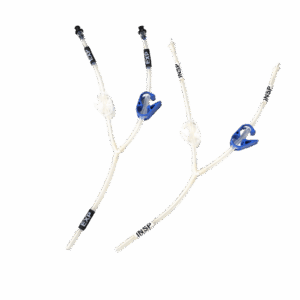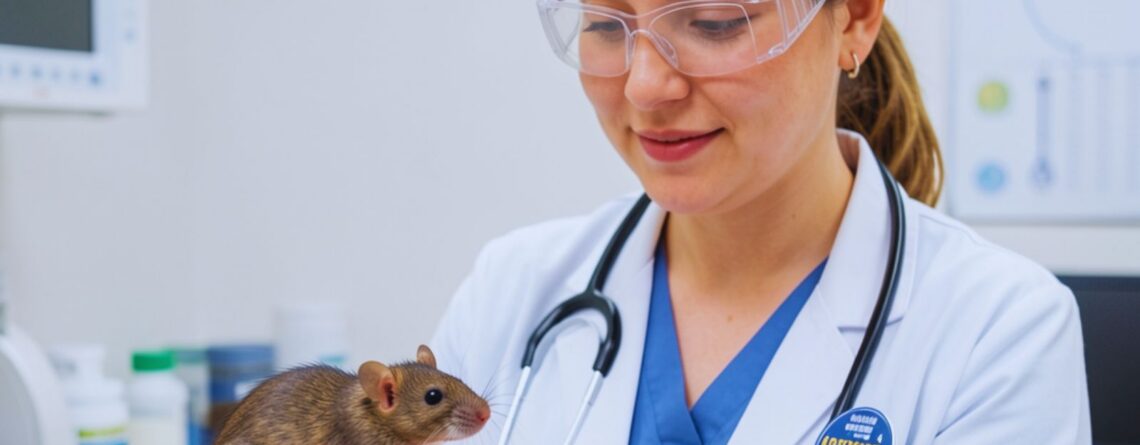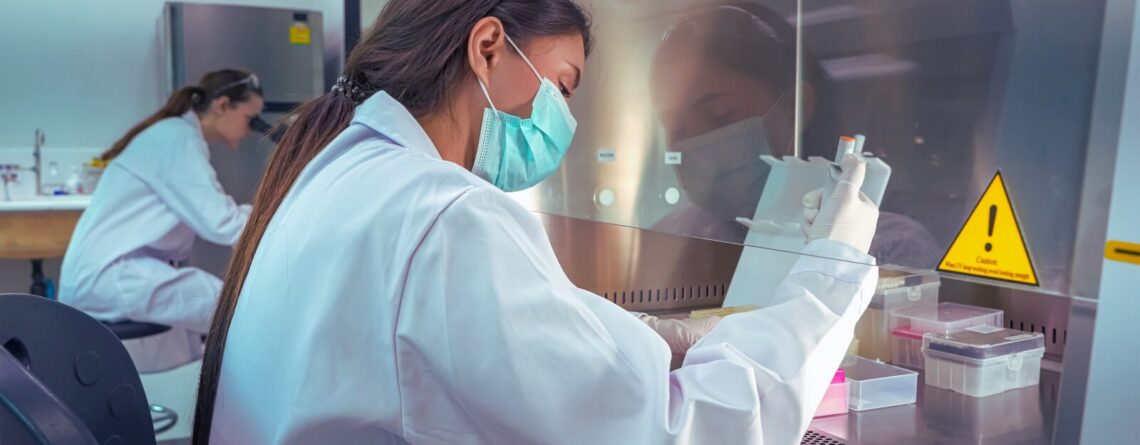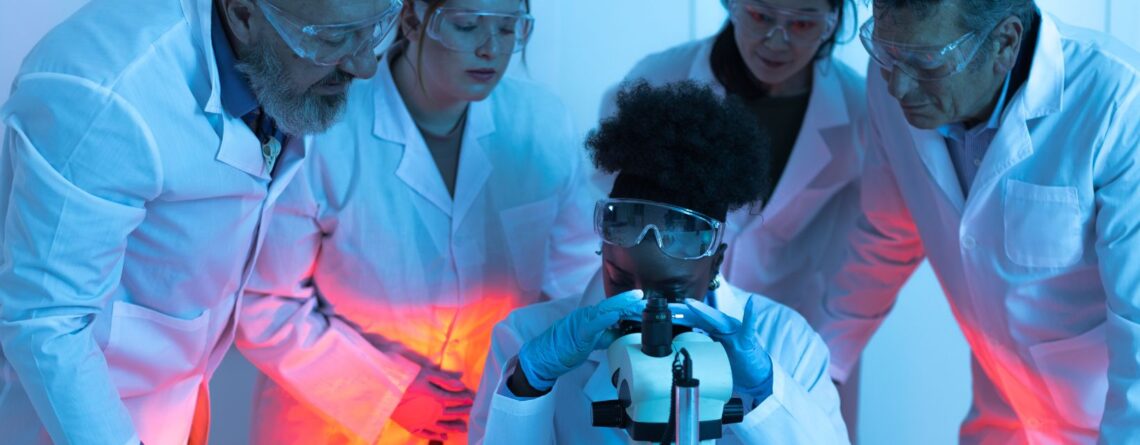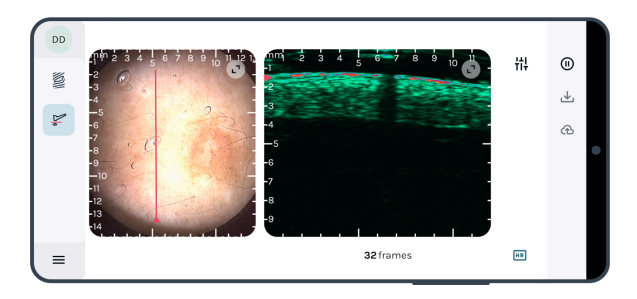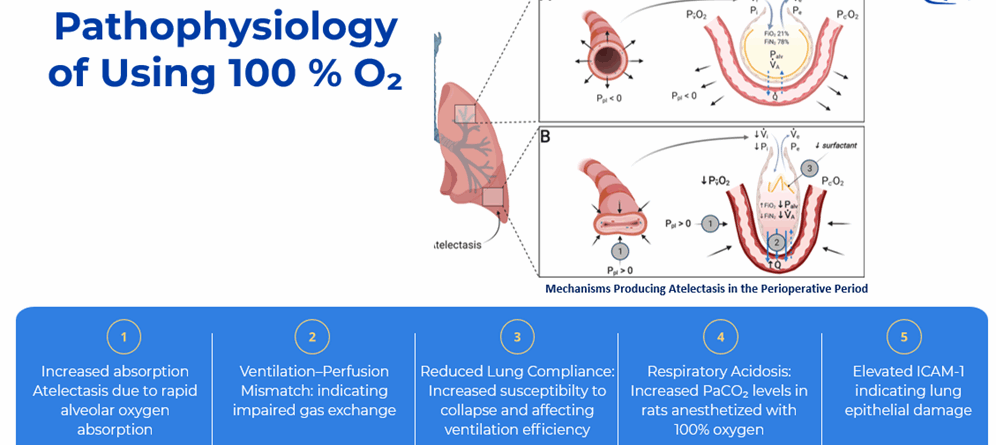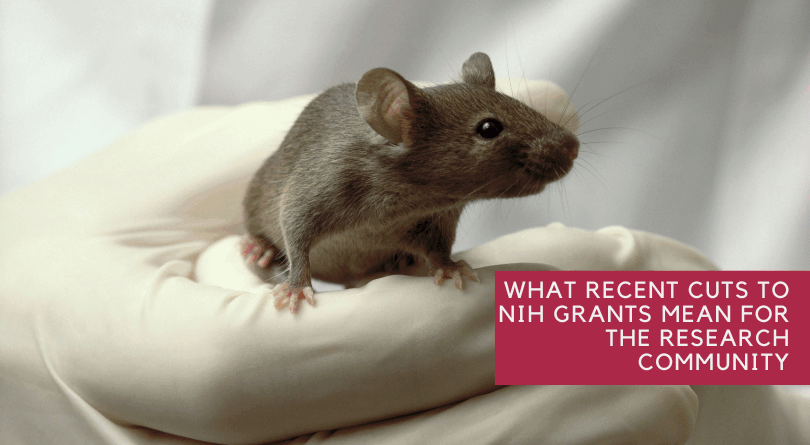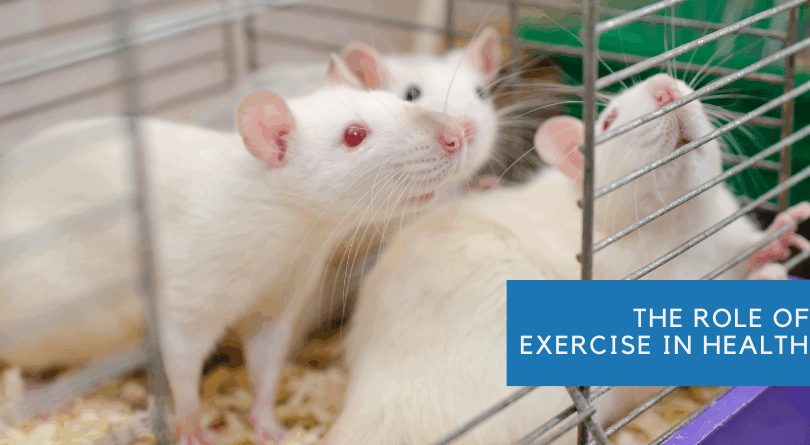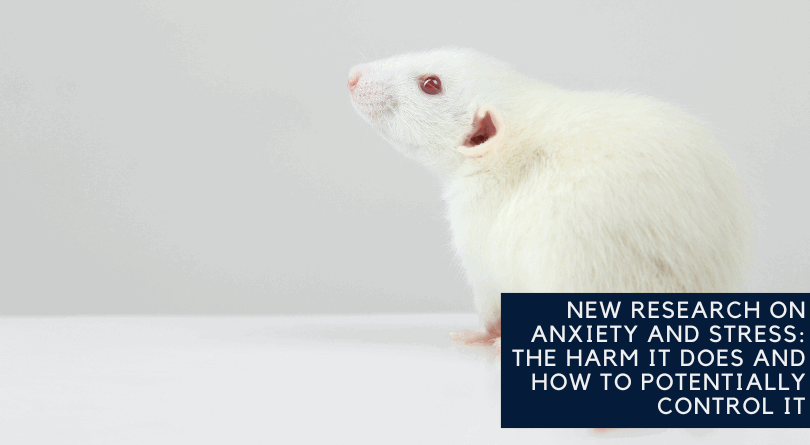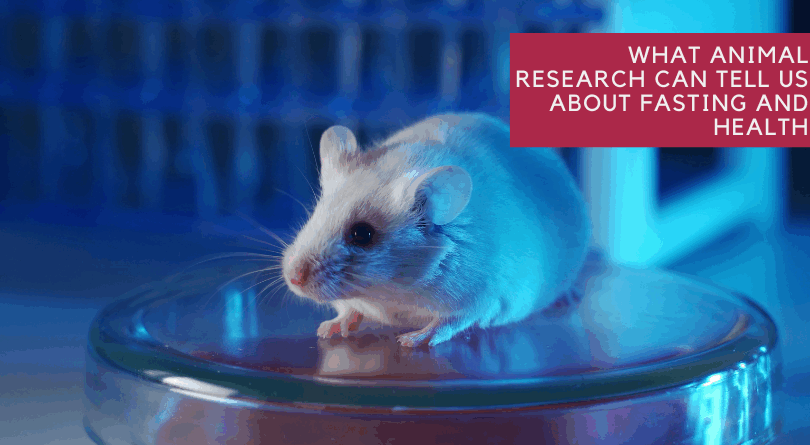- New Products
-
-
-
Reduce anesthesia cost and blend ambient air and 100% compressed oxygen without any external gas mixers:
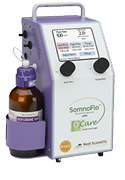
SomnoFlo® O2Care
Precision Anesthesia for Small Animals — Safer, Smarter, More Compliant
SkinScanner
Precise, data-driven skin analysis in pre-clinical settings

AniPill
Stress-free core body temperature monitoring for animal research

Dermus SkinScanner
Precise, data-driven skin analysis in pre-clinical settings.

PhysioSuite®
Modular warming, pulse oximetry and CO2 monitoring.

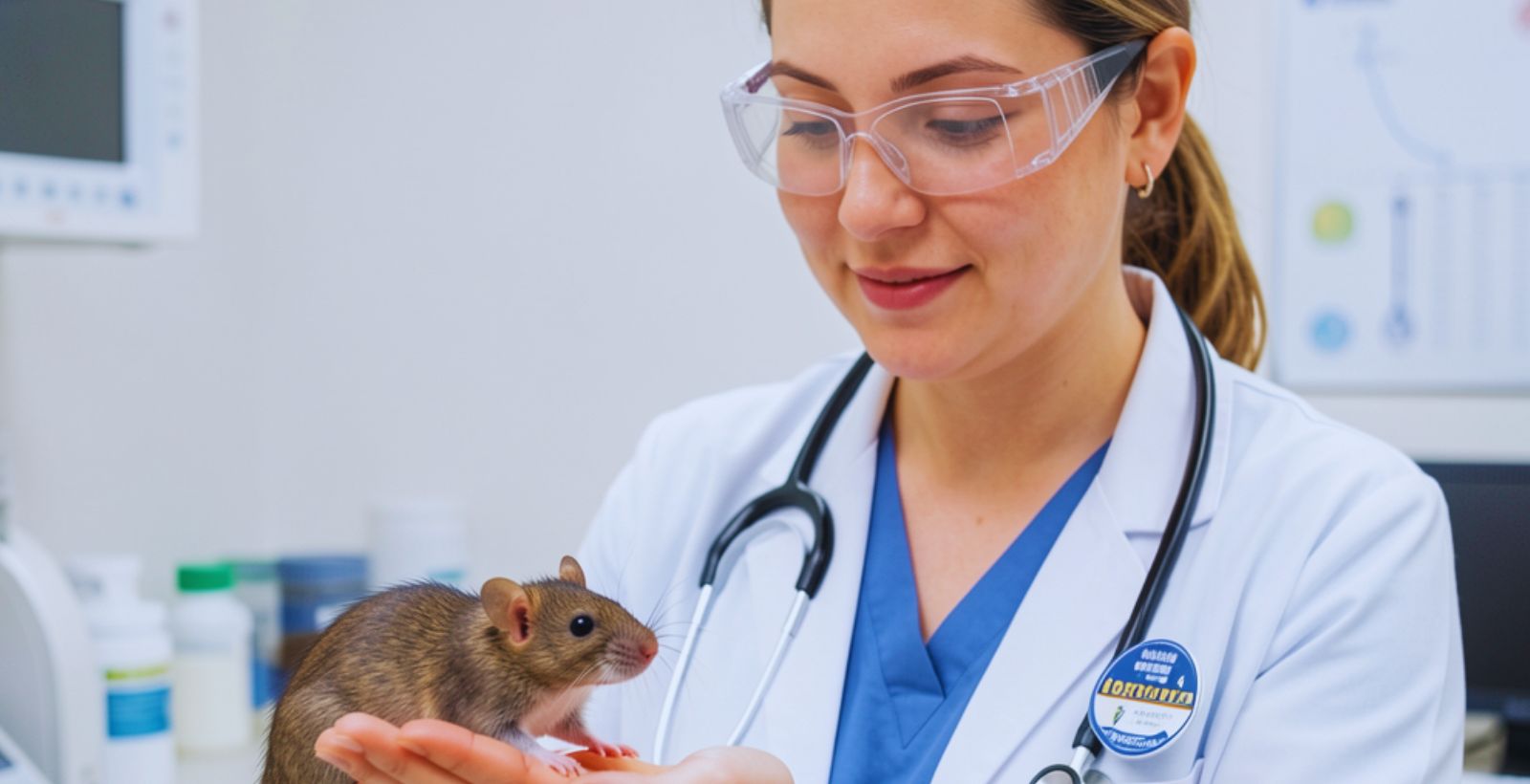
Kent Connects
02/06/2026
How to Choose the Right Oxygen Concentrator for Small Animals (Research Lab + Veterinary Use)
TLDR: This article explains how to choose an oxygen concentrator...

Kent Connects
08/4/2023
Post Format Video
Skin Imaging for Non-Dermatology Researchers: What You Need to Know.
-
-
-
- Advanced Animal Research
-
-
-
Anesthesia

SomnoFlo® O2Care
Blend room air and 100% compressed oxygen.

SomnoFlo®
Blend room air and 100% compressed oxygen.

SomnoSuite®
Low-flow anesthesia system.
Ventilation

RoVent®
Advanced small animal ventilator.

RoVent® Jr.
Automatic small animal ventilator.
Physiological Monitoring

AniPill
Stress-free core body temp monitoring for animal research.

PhysioSuite®
Modular, customizable warming, pulse oximetry and CO2 monitoring system.

MouseSTAT® Jr.
Pulse oximeter & heart rate monitor.
Physiological Monitoring

CODA® Monitor
Non-invasive blood pressure system.

CODA® High Throughput System
Multi-animal, non-invasive blood pressure system.
Surgery

SurgiSuite
Multi-function surgical platform.
Warming

RightTemp® Jr.
Far infrared warming pad with touchscreen controller and temperature feedback.
Body Composition Analysis

SkinScanner
Precise, data-driven skin analysis in pre-clinical settings.
-
-
-
- General Lab Equipment
-
- Knowledge Center
- Kent SC: Service
- About Us
- New Products
-
-
-
Reduce anesthesia cost and blend ambient air and 100% compressed oxygen without any external gas mixers:

SomnoFlo® O2Care
Precision Anesthesia for Small Animals — Safer, Smarter, More Compliant
SkinScanner
Precise, data-driven skin analysis in pre-clinical settings

AniPill
Stress-free core body temperature monitoring for animal research

Dermus SkinScanner
Precise, data-driven skin analysis in pre-clinical settings.

PhysioSuite®
Modular warming, pulse oximetry and CO2 monitoring.


Kent Connects
02/06/2026
How to Choose the Right Oxygen Concentrator for Small Animals (Research Lab + Veterinary Use)
TLDR: This article explains how to choose an oxygen concentrator...

Kent Connects
08/4/2023
Post Format Video
Skin Imaging for Non-Dermatology Researchers: What You Need to Know.
-
-
-
- Advanced Animal Research
-
-
-
Anesthesia

SomnoFlo® O2Care
Blend room air and 100% compressed oxygen.

SomnoFlo®
Blend room air and 100% compressed oxygen.

SomnoSuite®
Low-flow anesthesia system.
Ventilation

RoVent®
Advanced small animal ventilator.

RoVent® Jr.
Automatic small animal ventilator.
Physiological Monitoring

AniPill
Stress-free core body temp monitoring for animal research.

PhysioSuite®
Modular, customizable warming, pulse oximetry and CO2 monitoring system.

MouseSTAT® Jr.
Pulse oximeter & heart rate monitor.
Physiological Monitoring

CODA® Monitor
Non-invasive blood pressure system.

CODA® High Throughput System
Multi-animal, non-invasive blood pressure system.
Surgery

SurgiSuite
Multi-function surgical platform.
Warming

RightTemp® Jr.
Far infrared warming pad with touchscreen controller and temperature feedback.
Body Composition Analysis

SkinScanner
Precise, data-driven skin analysis in pre-clinical settings.
-
-
-
- General Lab Equipment
-
- Knowledge Center
- Kent SC: Service
- About Us
Blog
- Home
- Blog


